| Russian President sends congratulatory message to General Secretary and President To Lam Discovery of Russia's newest nuclear missile system |
The above information was given by the Institute of Economic Forecasting of the Russian Academy of Sciences (IEF RAS) in the research "Economic impact of climate change in Russia" which was recently published.
The authors of the study note that global warming affects many economic sectors in different ways. In particular, in the fuel and energy, housing, public services and transport sectors, it leads to more difficult working conditions and increased costs. However, for some other industries, climate change creates additional demand and has a beneficial impact on production potential.
According to researchers' calculations, Russia's GDP could increase by 600 billion rubles ($6.5 billion) per decade if the average annual temperature across the country increases by 1 degree Celsius. " Agriculture and forestry will benefit the most from global warming ," the experts who conducted the study pointed out.
 |
| The secret behind Russia's billion-dollar windfall. Photo: Pixabay |
On average, temperatures in Russia are rising by 0.5 degrees Celsius every 10 years, increasing the risk of extreme weather and creating challenges for the economy, said Aleksandr Shirov, director of the IEF and one of the study’s authors. However, if an effective adaptation policy is implemented, the impacts of climate change can be positive for Russia.
The researchers compared potential benefits and losses in different sectors of the economy, such as agriculture, mineral resource extraction, transport and construction. The losses from a 1 degree Celsius temperature increase across all sectors amount to 2.45 trillion rubles ($26.8 billion), while the benefits total 3.64 trillion rubles ($39.8 billion).
“ The total impact of climate change on annual GDP in Russia is estimated at more than 1.2 trillion rubles (0.7% of GDP recorded by the end of 2023). Given the current trends in climate change, we can say that Russia's annual GDP will increase by about 600 billion rubles ($6.5 billion) every 10 years ,” the authors of the study emphasize.
According to the research team, the main benefits come from agriculture and forestry as well as from the development of the Northern Sea Route (NSR), a shipping waterway that runs along Russia's Arctic coast from Murmansk to the Bering Strait and the Far East. Specifically, the benefits come from fleet construction (250 billion rubles), rail infrastructure development (113 billion rubles), investment in management, design and maintenance (64 billion rubles), increased localization of the fleet (34 billion rubles) and port construction (30 billion rubles).
“ Many industries are involved in the work of the NSR – a mega-project, the development of which is closely linked to climate change ,” the researchers point out, “mentioning” that melting and thinning ice makes the east-west corridor more feasible.
The researchers also urged measures to mitigate potential risks from climate change, such as further development of health care systems and “adaptive financing and insurance mechanisms,” as well as protecting ecosystems, buildings and structures from emergencies.
“ Climate change is not a distant future scenario but a reality. Therefore, today’s economic adaptation to the challenges associated with climate change will of course require large-scale measures ,” the study authors emphasize.
Source: https://congthuong.vn/bi-mat-dang-sau-cu-hot-ty-usd-cua-nga-343109.html


![[Photo] Solemn opening of the 1st Government Party Congress](https://vphoto.vietnam.vn/thumb/1200x675/vietnam/resource/IMAGE/2025/10/13/1760337945186_ndo_br_img-0787-jpg.webp)





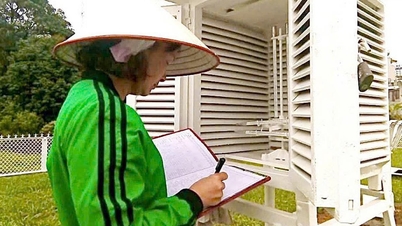

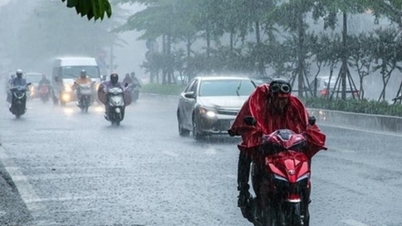

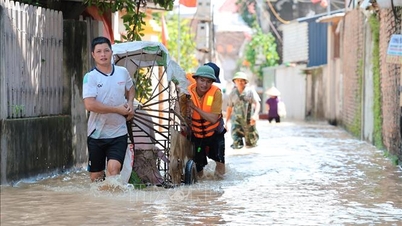

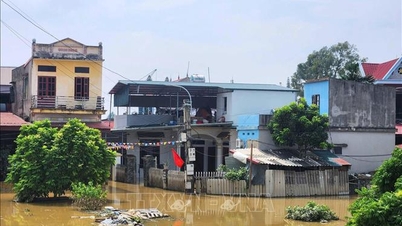
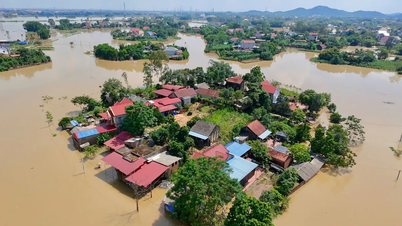

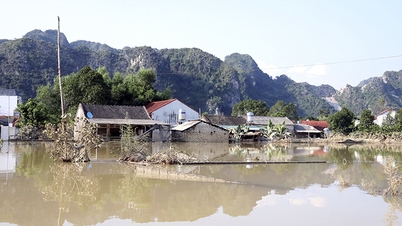


























































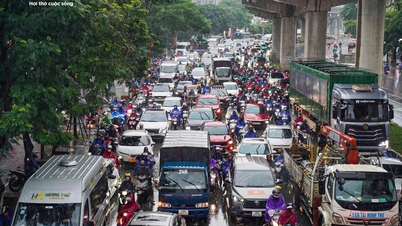
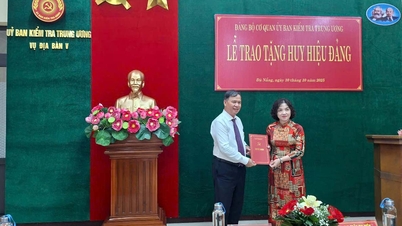


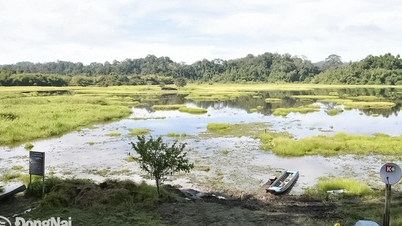




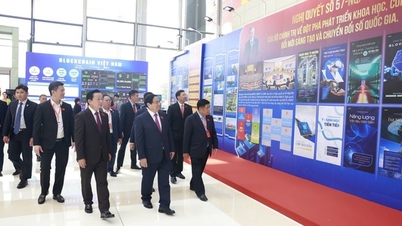
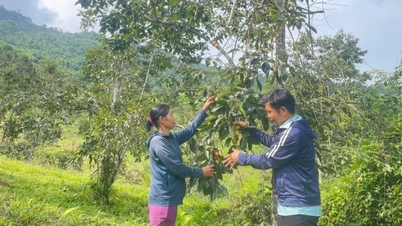





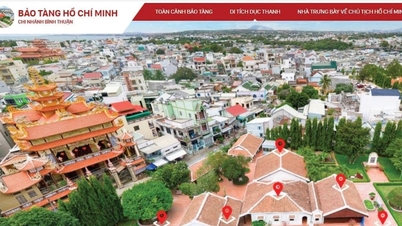


















Comment (0)